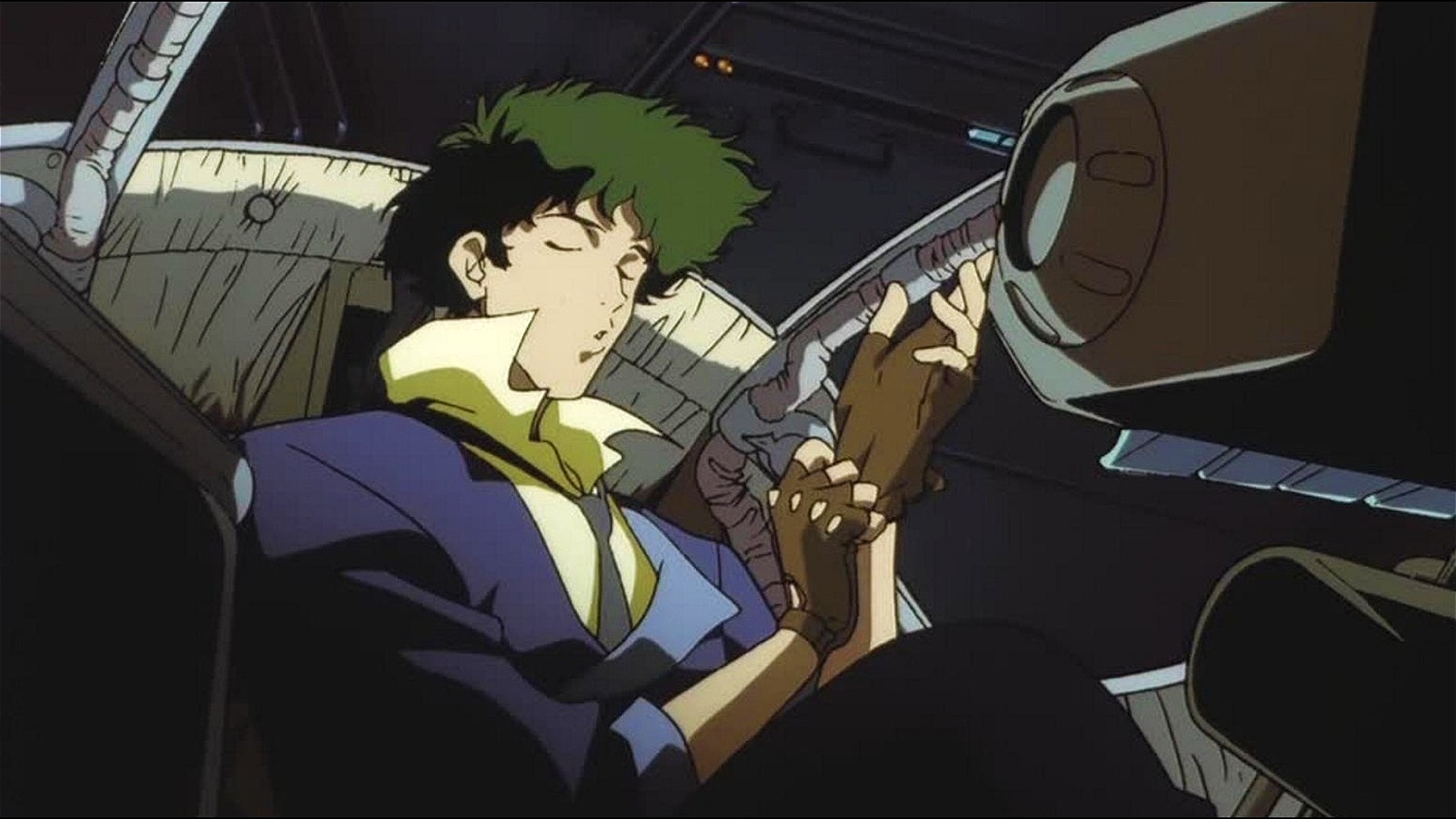Adapting a manga or light novel titles into an anime does imply some serious creative limitations while coming up with an original project allows for much more flexibility.
The question of original anime vs manga adaptation anime is not something that is frequently discussed among the fans. Consequently, there is no real consensus whether one is actually superior to the other, and if so — which might that be.
Ever since the Japanese anime industry was making its first significant steps on the road towards the global domination it has today, its general modus operandi primarily relied upon seeking out various promising manga or light novel titles and adapting them. As of today, this approach largely remains the same but is it actually the right direction to move in?
One of the best examples of what can be achieved with an original title can be observed with the case of Cowboy Bebop — an early 2000s classic that is almost universally agreed upon to be considered as not simply one of the best anime titles but also one of the most stylish ones.
With the series being created from the ground up by Bandai Namco Filmworks (known at the time as Sunrise), it allowed for the accomplishment of several highly important goals. First of all, the team was able to study the market and identify a combination of promising but at the same time relatively unexplored themes and ideas.
This way they were sure to come up with something that would both captivate the audience while not necessarily having to aggressively compete with other companies, that might force them to rush production or take some other undesirable actions.
But most importantly, this kind of approach allowed for the creation of a very compelling storytelling. The original Cowboy Bebop anime had 26 episodes that continually told an interesting overarching story while simultaneously offering smaller adventures to shake up the rhythm.
For a story-focused anime, a season of 26 episodes is a very respectable amount of content — which becomes even more impressive considering the fact that zero of those episodes contained any kind of filler, 'took a break' when it came to telling the main story or just generally dropped the ball in any other kind of way.
This was a very impressive accomplishment that only became available due to the fact of it being an entirely original project that did not have to rely on a manga source or play by the rules of a manga adaptation.
With a title like Cowboy Bebop coming out at the dawn of the new millennium and becoming a smashing hit it surely seemed like the rest of the industry would be soon to follow in Sunrise's footsteps. However that did not happen which, considering what Cowboy Bebop managed to achieve, is a very big shame.

